Search Results
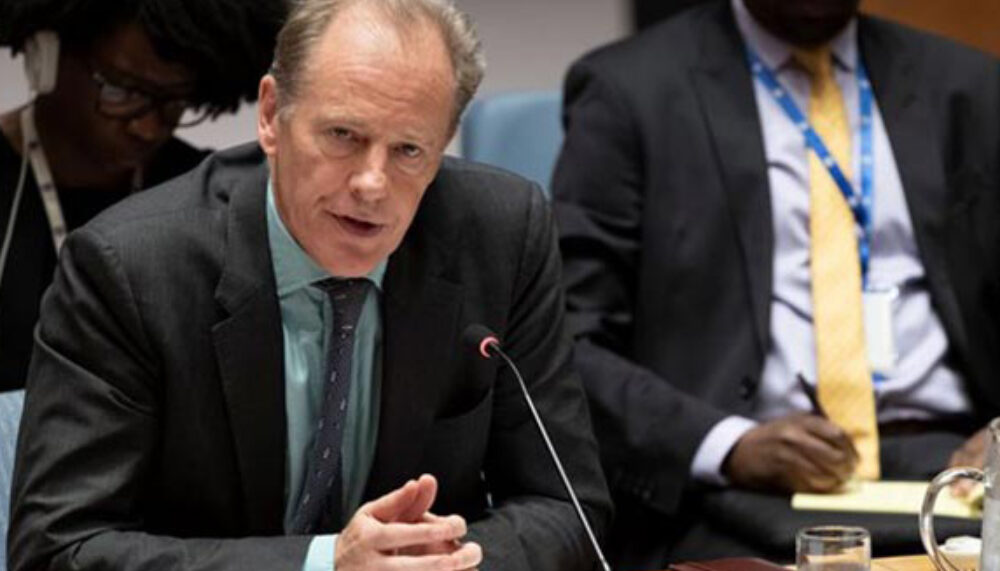
Andrew Gilmour wird neuer Executive Director der Berghof Foundation
Der Stiftungsrat der Berghof Foundation freut sich, heute die Ernennung von Andrew Gilmour zum neuen Executive Director bekannt zu geben.
- press release 11 Mar 2020
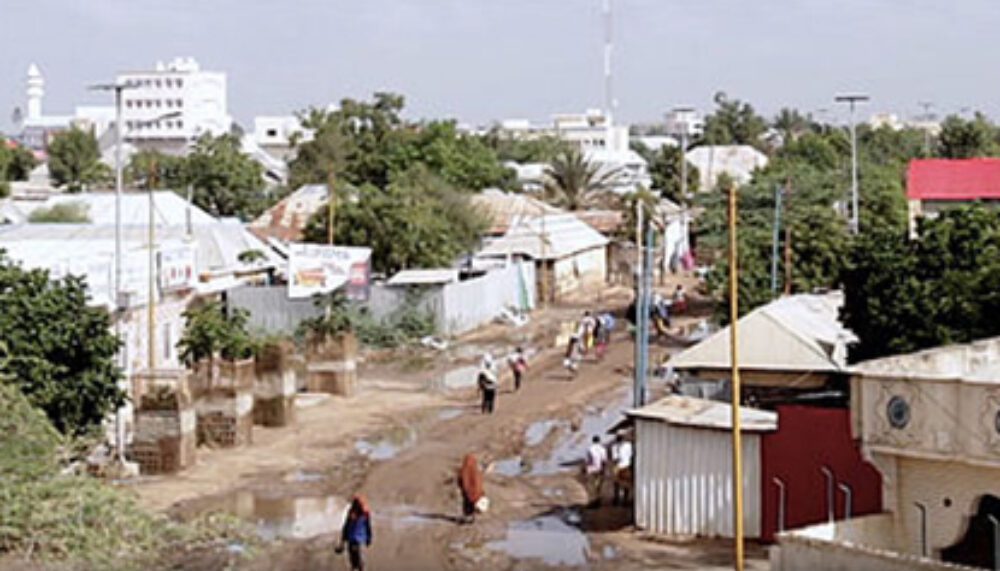
Somalia's untold success stories and remaining challenges
The film screening and panel discussion capture the changes Somalia has undergone in the last decade.
- event 24 Mar 2020
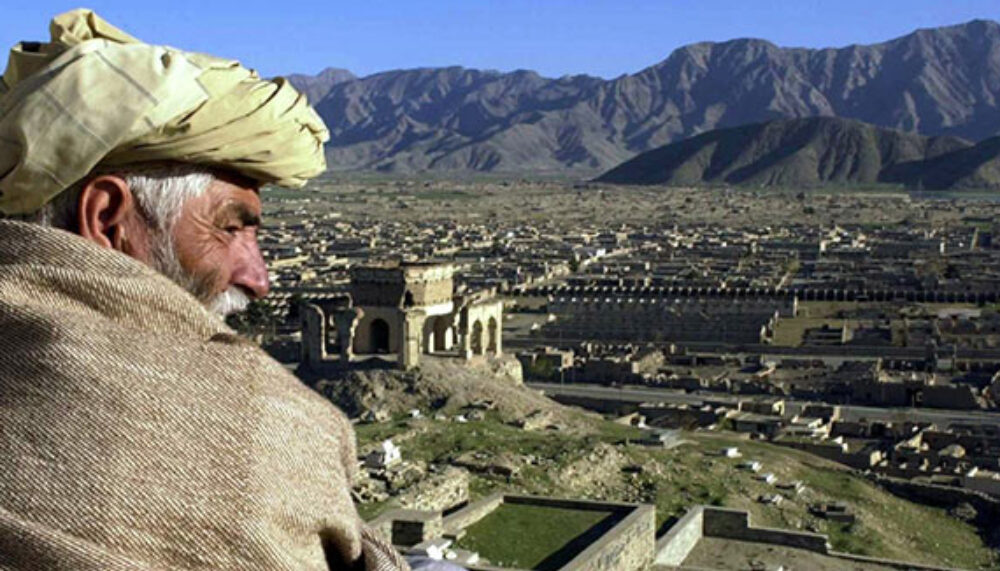
Attention turns to intra-Afghan talks following news of U.S.-Taliban deal
With the United States and the Taliban signing a deal, attention is turning to the intra-Afghan process that could lay the groundwork for lasting peace.
- feature 3 Mar 2020
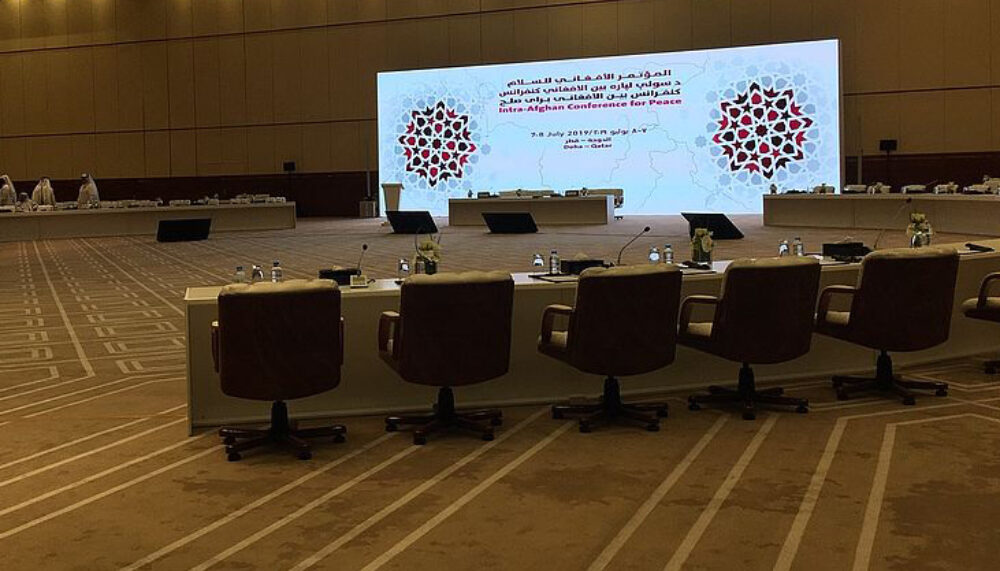
Intra-Afghan Conference for Peace signals hope for the people of Afghanistan
For the first time, representatives of the Afghan government and society and of the Taliban movement met in their personal capacity for a dialogue in Doha, Qatar.
- feature 23 Jul 2019

Understanding the drivers of radicalisation and violent extremismLaunch of international research project PAVE
The new EU research project PAVE aims to tackle the global issue of radicalisation by examining its root causes and driving factors.
- press release 19 Feb 2020
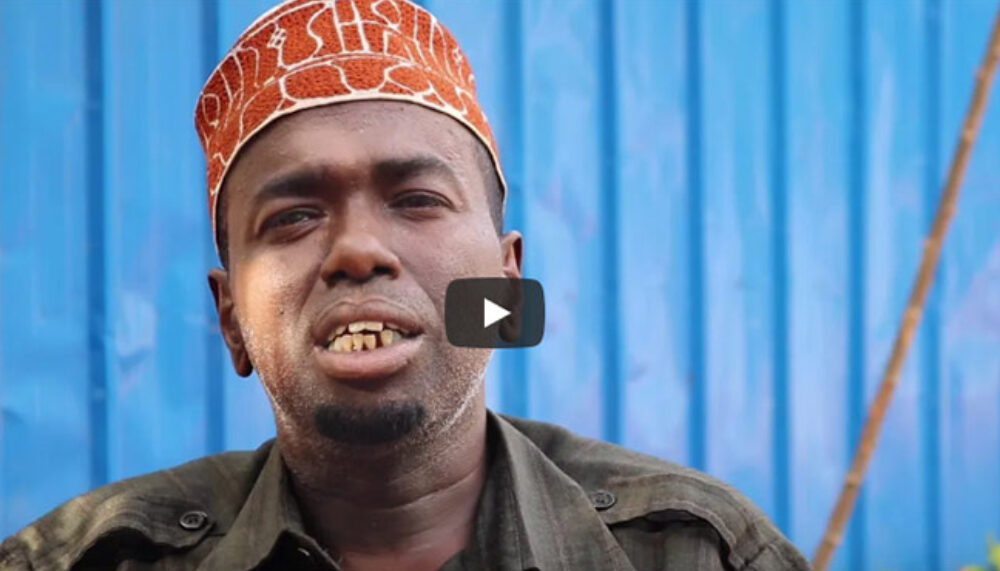
Building peace in Somalia, one Shir at a time
Watch a short film about our support to communities in Somalia’s Hirshabelle State in their efforts to build peace by solving local conflicts.
- feature 28 Jan 2020
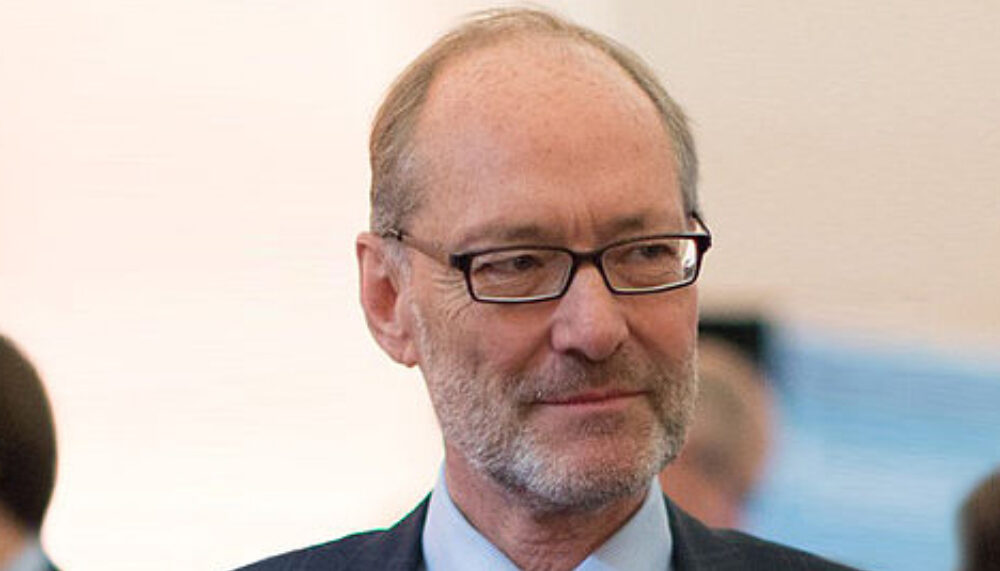
‘I am always optimistic about peace’A chat with Günther Bächler, Diplomat and board member of the Berghof Foundation
Günther Bächler, our new board member, answers questions about his career in peace.
- feature 13 Jan 2020
[BF] Our People Landing Page